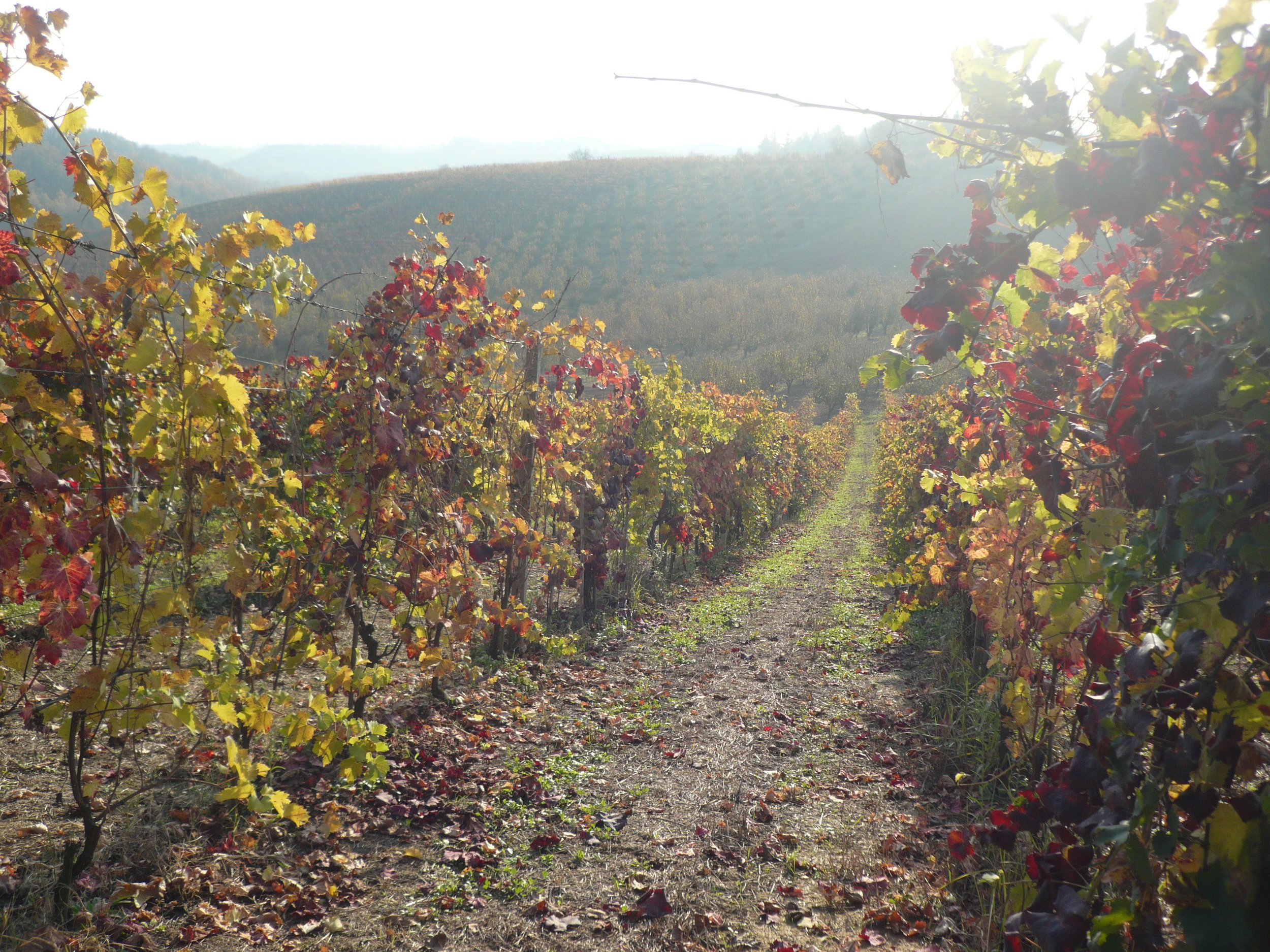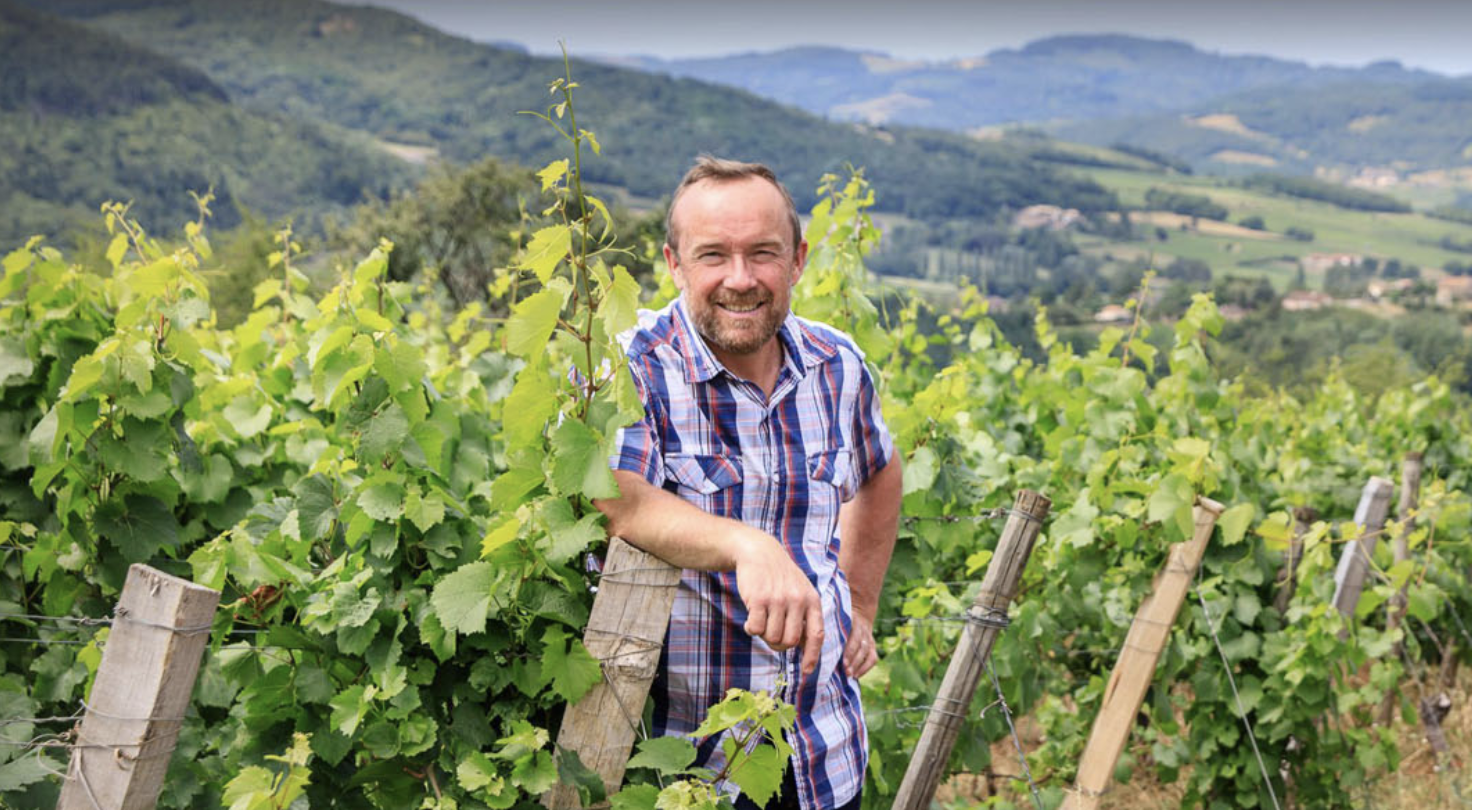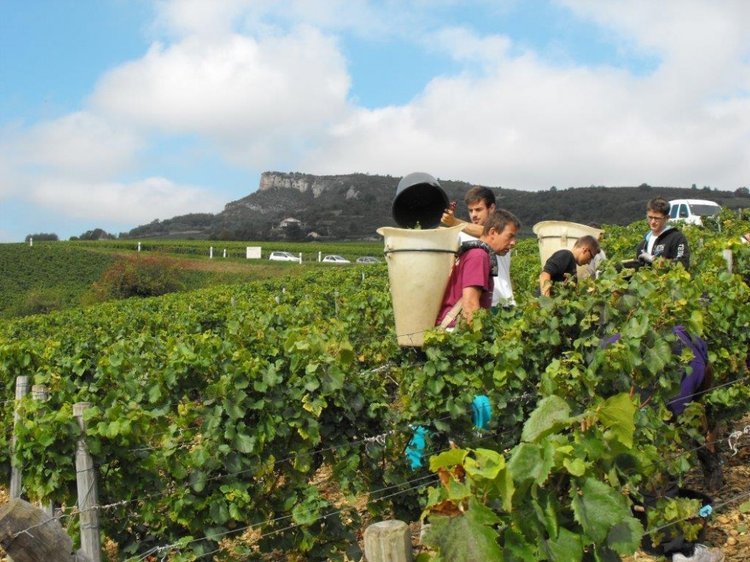
Normand
Mâconnais, Burgundy



Alain Normand is originally from the Loire Valley. He met Sylvaine, a Burgundian, in wine school in Beaune. They began their careers in the early 1990s by taking over an abandoned vineyard in La Roche-Vineuse with a métayage, or sharecropping contract, a common agricultural practice in France.
From the very first, Alain has made wine as naturally as possible, relying on spontaneous ferments and long, gentle élevage on the lees. Vinification was done in an old stone barn overtop a hodgepodge of cellars where they aged their wine, just down the road in the village. La Roche Vineuse sits on the flank of a huge limestone outcropping that gives its name to Vineuse. In 2009, Sylvaine inherited her family vines. Most were in Solutré, some in Chaintré, and in the years that followed the couple slowly reclaimed these parcels (many had been leased to others) and incorporated them into their production. Their affordable little winemaking barn, however, grew evermore impractical. In 2017, they moved into a modern winery they had built just outside of La Roche-Vineuse, a production facility devoid of any artisanal aesthetic. But it made life a lot easier.
Alain lets his ferments dictate timing, and sometimes the ambient yeast takes till August or even beyond to finish their work. He rarely fines and often doesn’t filter. Their holdings now include vines in Bourgogne, Mâcon, Saint Véran, and Pouilly-Fuissé. The couple has been progressively moving to an organic viticulture and expect full certification in 2024. In 2023, their son Thomas joined them on the domaine, having done his enology studies at the viticultural school in Beaune—the same school where Sylvaine and Alain had done their studies exactly 30 years earlier.
Our Selections
Sylvaine & Alain Normand Macon La Roche Vineuse 2023
From just over 20 acres on the flanks of La Roche-Vineuse. This is Alain’s original cuvée, and is still made the same way: diligent farming, spontaneous ferments, and a long aging on the lees (that spicy zesty quality in the finish of the wine comes from the lees contact). The bottling is usually in the summer following the harvest, but can wait until the autumn if the wine isn’t ready. Currently listed as sustainable but will be certified organic in 2024 Production ranges between 4,000 to 5,000 cases.

